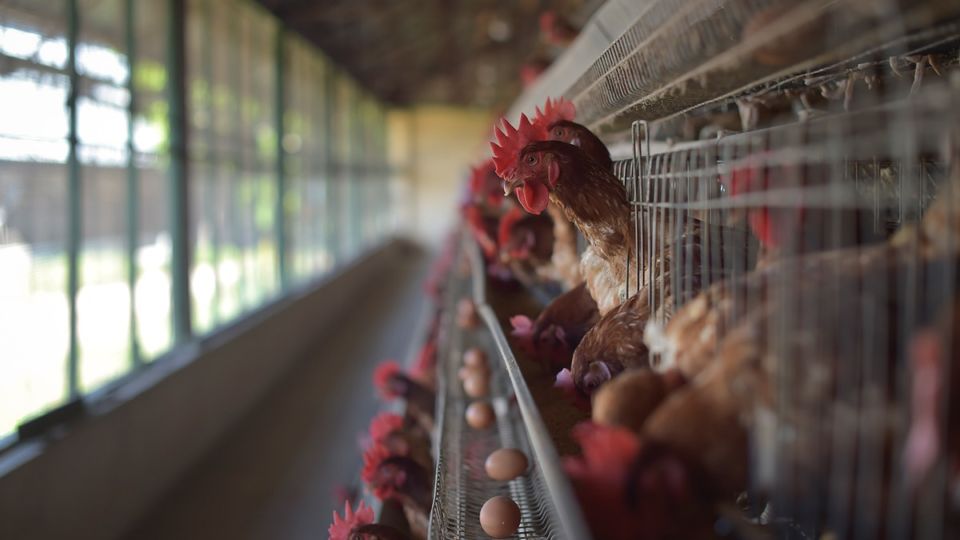If Malaysia does not fully resolve its ban on chicken exports soon, farmers say it could lay the groundwork for bigger egg-onomic problems.
Poultry farmers in Johor have urged the government to lift all of its export ban on chickens to Singapore or lose out to international competitors like Indonesia, The Star reported.
According to the breeders, Singapore imported 34% of its chicken, or 3.6 million birds, from Malaysia in 2020 for a total of RM84.24 million (US$ 19 million)
Lau Ka Leng, secretary of the Johor Poultry Breeders (Small and Medium) Association, noted that the country can resume exporting chicken now that the supply has stabilized.
“The longer we delay, the higher the chances of us losing out to other countries that are now exporting chicken to Singapore. Malaysia still has the upper hand due to its location and the ability to send live chicken supplies that will be processed and frozen in Singapore.
“We do not want the island republic’s consumers to be accustomed to the chicken supply from Indonesia, which is frozen, chilled, and processed meat,” he was quoted as saying.
He said Malaysia is also at an advantage considering chickens from Indonesia cost more owing to shipping costs.
According to Lau, the sector can currently only export one million birds to Singapore each month, as opposed to three million before the export embargo went into effect on June 1.
On June 1, Malaysia halted exports of all live poultry, but two weeks later, it partially lifted the ban to make way for live premium chickens and other poultry products.
Meanwhile, Mohd Azmi Abdullah, head of the Johor Chicken Wholesaler Association, said the current excess of chicken supply in the country means the poultry industry could experience losses if the export ban is continued.
Earlier this week, Malaysia’s agricultural minister, Ronald Kiandee said that the country is facing an oversupply of chicken.
According to him, the chicken market in Malaysia has been flourishing and there is currently an excess in supply, which has caused chicken prices to fall below the government-set ceiling price.
Malaysia produces 54 million chickens monthly, 94% of which are kept for local consumption while only 6% are exported.




